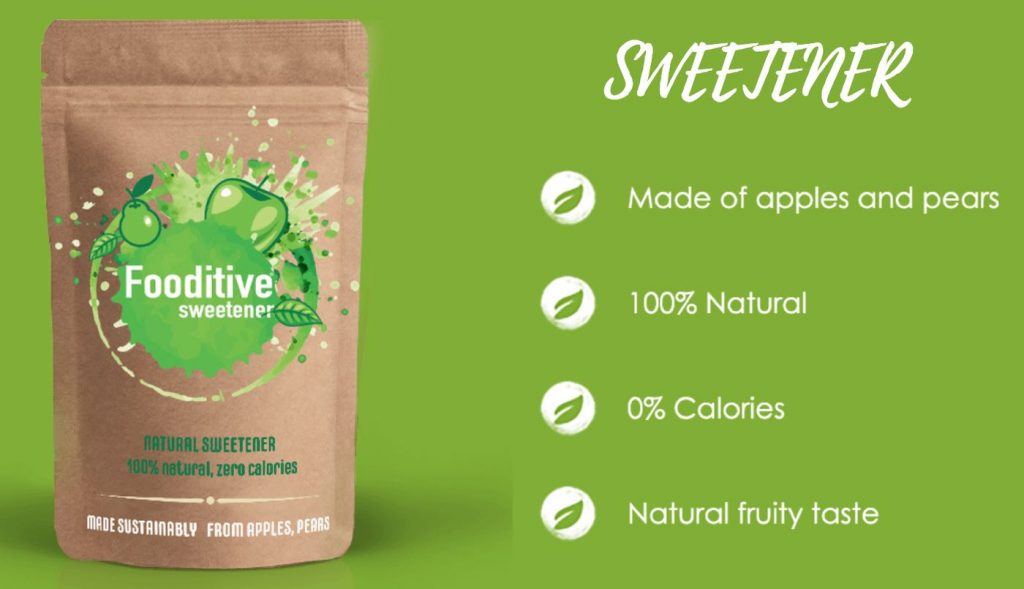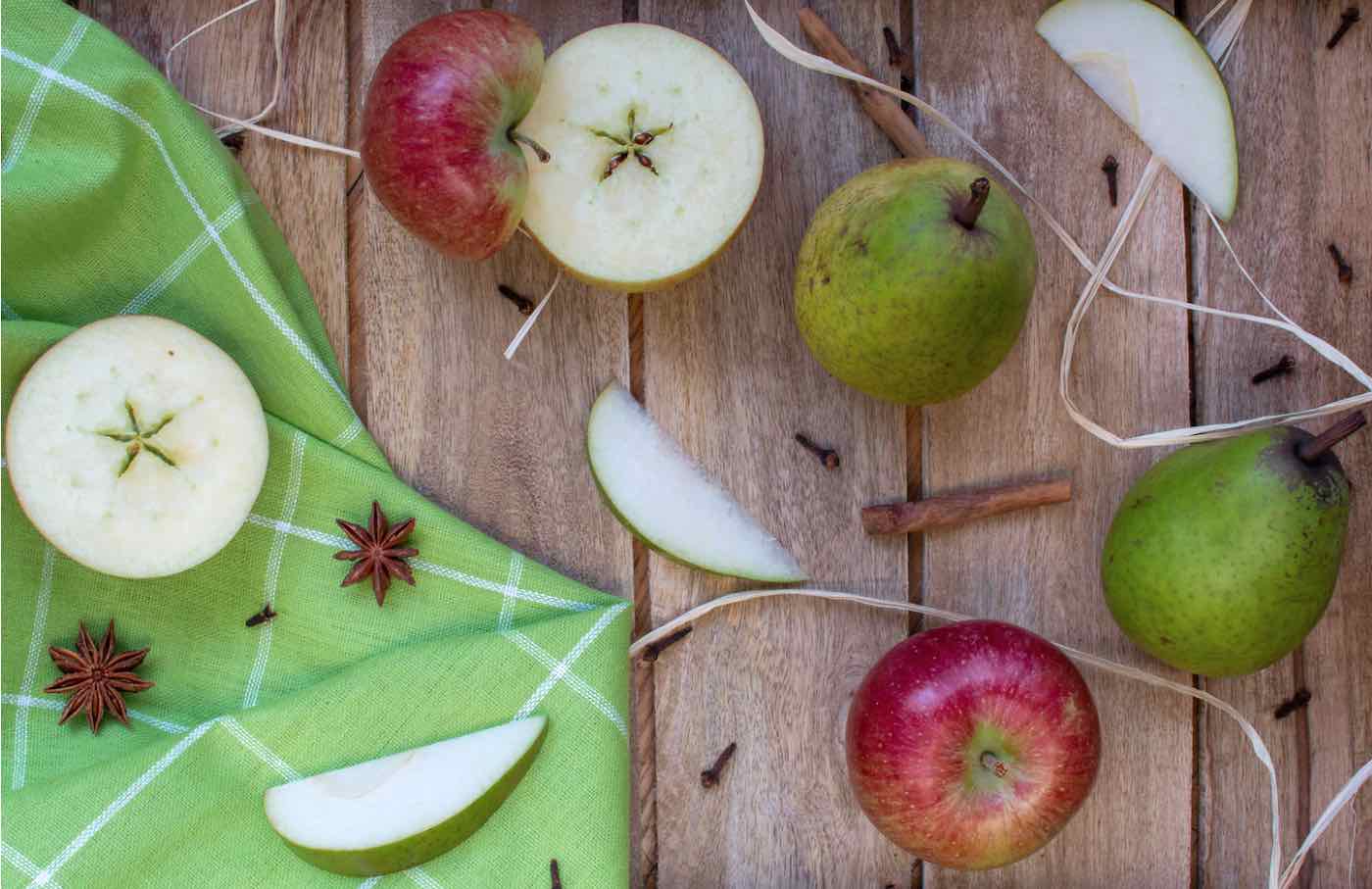A Dutch company aptly-called Fooditive, is turning pear and apple cores, as well as bruised and discarded fruit from producers and suppliers into a chemical-free, calorie-free, sugar substitute.
Artificial sweeteners like sucralose and aspartame, though legal for use in food and beverages for decades in the United States and elsewhere, are now not only emerging as a potential genotoxin (a poisonous substance which damages DNA), but also as an environmental pollutant since it is not entirely absorbed by our bodies and can travel all the way through our water treatment systems and back into groundwater sources.
Refined cane sugar has its own problems, playing a role in the global skyrocketing rates of diabetes and obesity since the 1950s. Sweeteners and syrups made from corn have much the same effect on our bodies, while also contributing massively to keeping afloat the problematic, uncompetitive American system of agriculture, farm subsidies, and lobbying.
Dutch food scientist Moayad Abushokhedim uses a natural fermentation process to extract fructose from third-rate fruits collected from suppliers and turns it into a calorie-free sweetener that contributes to Rotterdam’s goal of a circular economy by 2030.
RELATED: 30,000 Pounds of Leftover Super Bowl Food Saved From Landfill and Donated to Charity
According to the company’s website where you can see a detailed ingredients list, he plans to make Fooditive Sweetners available in powder, liquid, and syrup forms. There is no information yet on how to purchase.

Apart from their sweetener, Fooditive also has a solution for artificial preservatives, creating natural ones from carrot waste, and he counters harmful emulsifiers with potato extracts.
Right now, the company is in the process of expanding their operations to try and get Fooditive products like their sweeteners and preservatives into commercial Dutch foodstuffs.
CHECK OUT: German Supermarket Saves Over 2,000 Tons of Food By Reselling Items Other Stores Won’t
“Our products really provide the food and beverage producers with the ability to have a clean label, a green label, and show people what’s in their food,” said Gijs Gieles, Fooditive spokesperson to Fast Company.
These kinds of recycling applications are becoming more and more common in Europe, especially since France passed a law in 2016 forcing supermarkets to recycle, compost, or donate as much of their outgoing or expired stock as possible. Other countries like Germany began to create similar legislation, and a German supermarket SirPlus Rescue Market specializes in discarded, expired, or unwanted packaged foods and produce.
Share This Sweet Alternative With Your Healthy Friends On Social Media… (File photo by Martin Bargl)




















